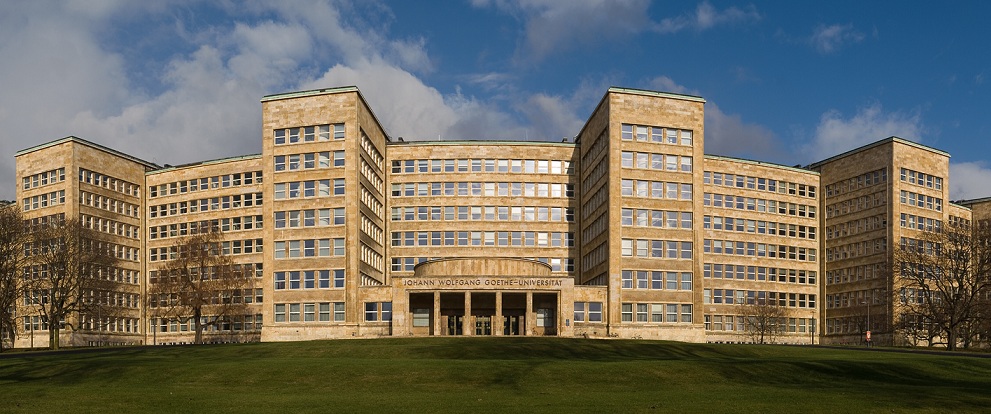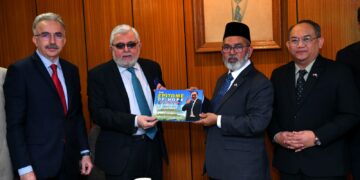The roots of the university go back to 1484 where the Universitätsbibliothek Johann Christian Senckenberg was founded which is part of the university now.
The university has historically best been known for its Institute for Social Research (founded 1924), the institutional home of the Frankfurt School, a preeminent 20th century school of philosophy and social thought. Some of the well-known scholars associated with this school include Theodor Adorno, Max Horkheimer, and Jürgen Habermas, as well as Herbert Marcuse, Erich Fromm, and Walter Benjamin[citation needed]. Other well-known scholars at the University of Frankfurt include the sociologist Karl Mannheim, the philosopher Hans-Georg Gadamer, the philosophers of religion Franz Rosenzweig, Martin Buber, and Paul Tillich, the psychologist Max Wertheimer, and the sociologist Norbert Elias[citation needed]. The University of Frankfurt has at times been considered liberal, or left-leaning, and has had a reputation for Jewish and Marxist (or even Jewish-Marxist) scholarship[citation needed]. During the Naziperiod, “almost one third of its academics and many of its students were dismissed for racial and/or political reasons—more than at any other German university”[citation needed]. The university also played a major part in the German student movement of 1968.
The university also has been influential in the natural sciences and medicine, with Nobel Prize winners including Max von Laue and Max Born, and breakthroughs such as the Stern–Gerlach experiment.
In recent years, the university has focused in particular on law, history, and economics, creating new institutes, such as the Institute for Law and Finance (ILF) and the Center for Financial Studies (CFS)[citation needed]. One of the university’s ambitions is to become Germany’s leading university for finance and economics, given the school’s proximity to one of Europe’s financial centers.The Goethe Business School offers a M.B.A. program, in cooperation with Duke University’s Fuqua School of Business. Goethe university has established an international award for research in financial economics, the Deutsche Bank Prize in Financial Economics.
Organization
The university consists of 16 faculties. Ordered by their sorting number, these are:
- 01. Rechtswissenschaft (Law)
- 02. Wirtschaftswissenschaften (Economics and Business Administration)
- 03. Gesellschaftswissenschaften (Social Sciences)
- 04. Erziehungswissenschaften (Educational Sciences)
- 05. Psychologie und Sportwissenschaften (Psychology and Sports Sciences)
- 06. Evangelische Theologie (Protestant Theology)
- 07. Katholische Theologie (Roman Catholic Theology)
- 08. Philosophie und Geschichtswissenschaften (Philosophy and History)
- 09. Sprach- und Kulturwissenschaften (Faculty of Linguistics, Cultures, and Arts)
- 10. Neuere Philologien (Modern Languages)
- 11. Geowissenschaften/Geographie (Geosciences and Geography)
- 12. Informatik und Mathematik (Computer Science and Mathematics)
- 13. Physik (Physics)
- 14. Biochemie, Chemie und Pharmazie (Biochemistry, Chemistry and Pharmacy)
- 15. Biowissenschaften (Biological Sciences)
- 16. Medizin (Medical Science)















